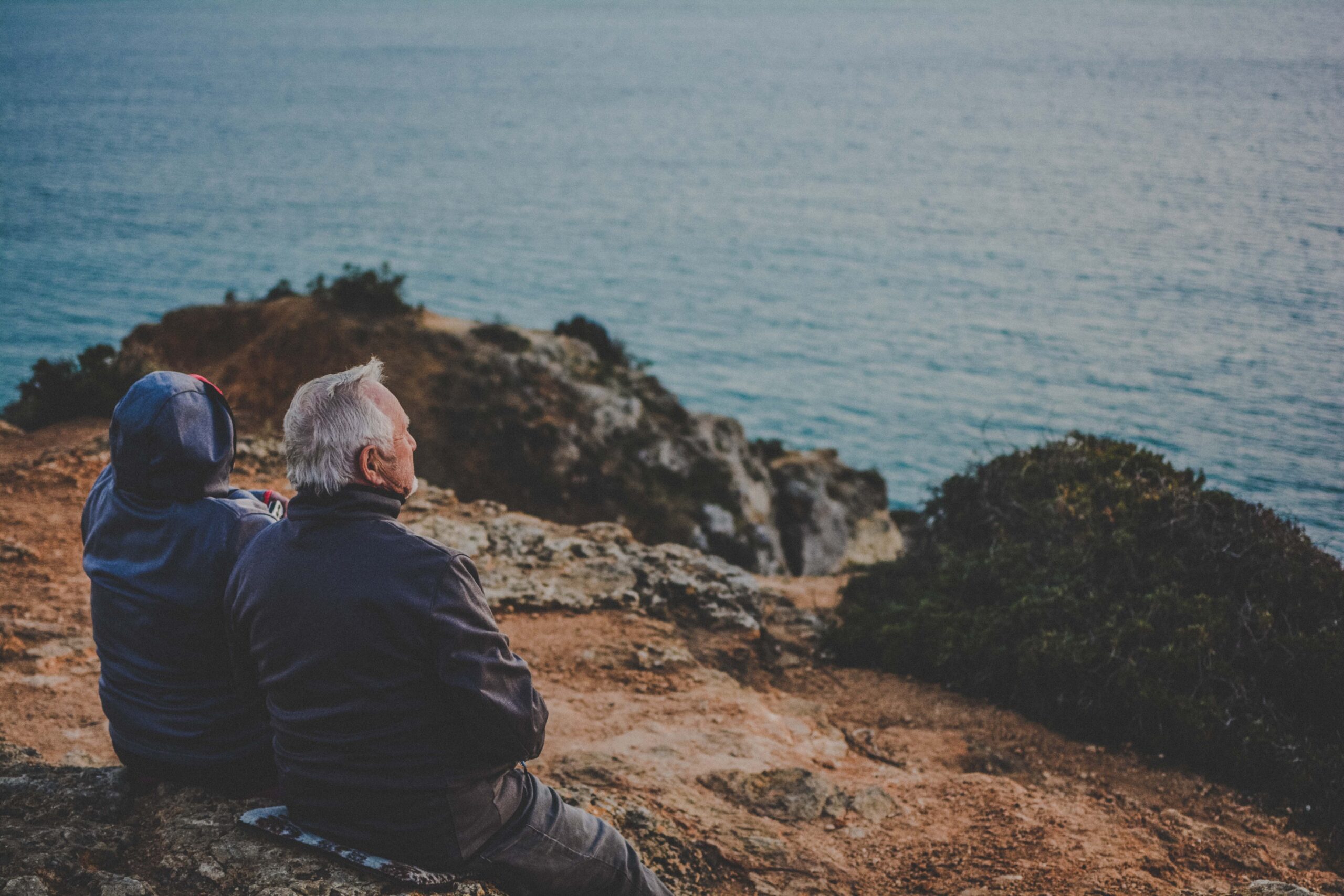As Canada’s largest generation ages, more and more of us are dying each year. Ever since 1992, when ALS sufferer Sue Rodriguez brought medically assisted dying to the Supreme Court, most of the conversation about how to have a humane death has been about how to actually die.
Now, Medical Assistance In Dying (MAID) is legal and available. So, there’s a new surge of interest in making death not only less painful but good.
You may unsubscribe from any of our newsletters at any time.
In this month’s Observer, I wrote about the recent death of Don Grayston (my former professor), who was an Anglican priest who prepared for his death for 40 years. He and others, including the Vancouver-based death planning agency Willow, have pushed the “good death” conversation way beyond MAID and into the realm of spirituality, relationships, values and ritual.
It’s needed. As a funeral director I spoke to last year said, “People don’t want anything to do with their dead anymore. They treat me like I’m the garbage man, just taking out the trash.”
No one wants that to be their final story.
So, here are five ways to die — with more than just dignity.
1. Die consciously, with care
Who does it? Death doulas, who are trained to advocate for the dying, increasing their physical comfort and helping them talk about death while acting as spiritual guides. Douglas College in British Columbia offers a straight-forward, college-certified death doula program, but others, such as the Conscious Dying Institute, are less constrained and more spiritually oriented.
Why? “I see the transition out of life as having the potential to be just as celebratory as the transition into this world,” Toronto death doula Susan Dawson told Global TV in June 2016.
2. Die in charge
Who does it? Willow, through its workshop “Departure Directions.” Participants learn how their bodies can be cared for after death and receive help making a plan for rituals and practicalities. It helps to bring peace of mind to the dying, along with their friends and family, especially in the absence of a clear, religious tradition.
Why? “Maybe you’ve experienced the overwhelming frustration of arranging a good-bye ritual for someone who didn’t leave any directions. You’ve struggled with trying to honour what you think are their wishes and meet the needs of those left behind, including you.”
3. Die with fulfilled relationships
Who does it? In 2017, the 20th anniversary of the seminal book Dying Well: The Prospect for Growth at the end of Life was celebrated. Palliative care physician and author Ira Byock advised that the dying — and living — need to hear four things: “Thank you,” “I love you,” “I forgive you” and “Please forgive me.”
Why? “I was death-naive before I read Dr. Ira Byock’s book Dying Well when my father was in his early 80s and in his final, painful decline,” writes Katy Butler, the author of the 2018 book Knocking on Heaven’s Door and A Good End of Life. “It introduced me to the possibility that with appropriate support, dying did not have to be a chaotic, fear-ridden and painful experience. In fact, families could be well-supported and death could even be meaningful.”
4. Die broke
Who does it? Some philanthropists and foundations choose to give away their money while they’re still living so that they can celebrate it being used. Some individuals choose to give inheritances to their heirs while they’re still living so that they can offer guidance.
Why? “Benefactors who choose to ‘give while living’ discover that it gives them an opportunity to share their long-term vision with heirs and to witness how their heirs handle the assets,” the Royal Bank of Canada advises. “Beneficiaries, meanwhile, can learn to manage the wealth and become comfortable with an inheritance while consulting with their benefactors, putting everyone in a better position to preserve family wealth for the future.” There are also tax advantages to giving while living, the bank notes.
5. Start dying early
Who does it? Anglican priest Don Grayston started thinking about his own death back while in his 30s. That is, he learned about dying from his aging congregants, figured out that it was going to happen to him and started living in ways that would help him become the old, wise man he wanted to be: in community with friends. In a congregation, this is a no-brainer, as all generations from infants to the elderly sit together each week. But outside of church, tight, multigenerational communities are rare.
Why? Obviously, to prepare yourself for your inevitable death, as Willow’s guides might say. But also, The Guardian tells us that death is cool. Everyone is doing it. Even hipsters. So get with it.













